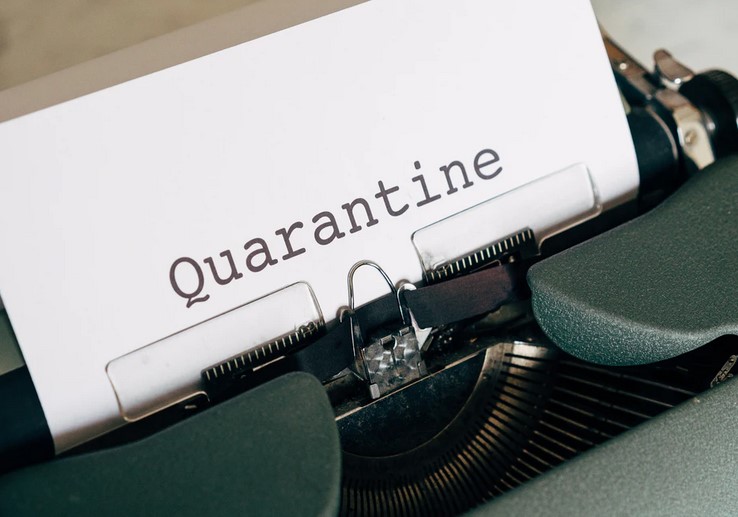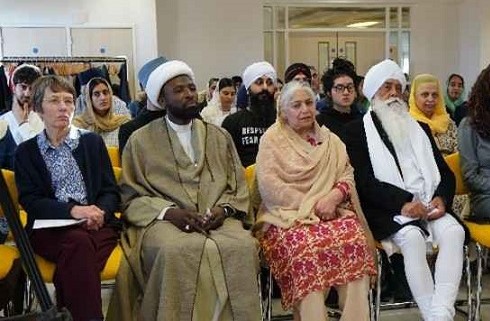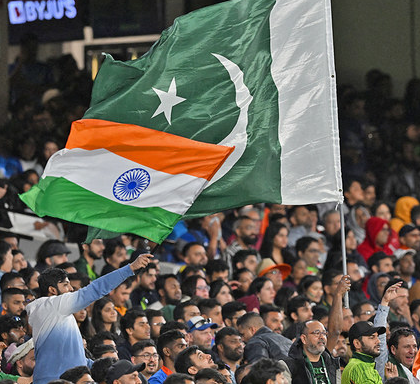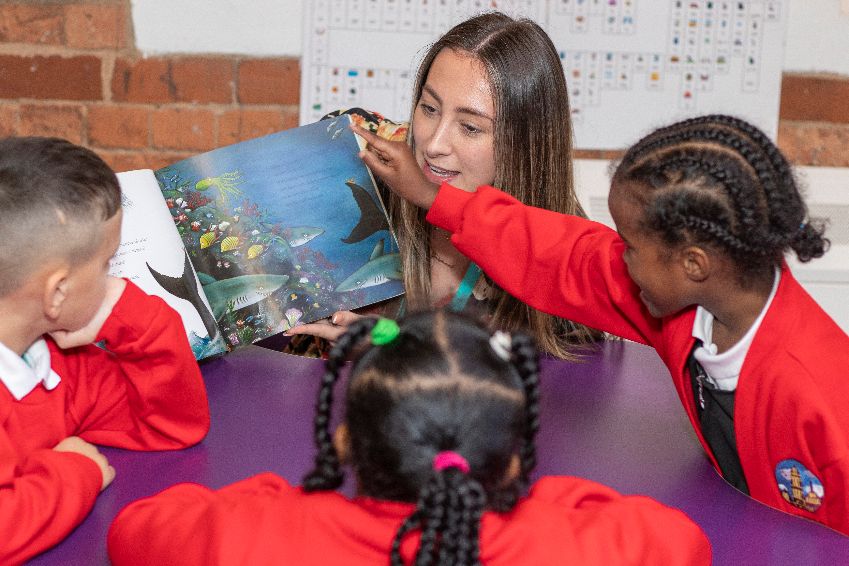The first people to arrive in the UK from India since the country was placed on the travel ‘red list’ have entered hotel quarantine. British and Irish nationals and those with residency rights must isolate in approved accommodation for 10 days after rules changed overnight.
India has seen a second wave of infections, with shortages of medical oxygen leaving some patients untreated. Some British Asians have spoken of the trauma of witnessing India's surge.
Ashree Singh, a physiotherapist living in London, described a state of mental agony" as relatives and friends sent worsening updates from the country on messaging apps. The NHS worker said she had a "feeling of worthlessness and helplessness when you're seeing your family, relatives and friends suffering and dying.
India recently reported 332,730 new cases of coronavirus, setting a world record for a second day running. Deaths were numbered at 2,263 in 24 hours as crematoriums organise mass funeral pyres.
Passengers from one of the first scheduled commercial flights to land in the UK from India since the red list changed were seen being escorted to government-approved hotels at London's Heathrow Airport. Some have spoken of their struggle to leave India amid restrictions on travel and widespread flight cancellations.
Health Secretary Matt Hancock said the UK stands "ready to support our friends in India with whatever we can. We are actively engaged with how we can support from where we are." The travel rule change means direct flights from India are still permitted, but UK and Irish nationals, as well as those with residency rights, must isolate in government-approved hotels - at their own cost - for 10 days.
Travel to the UK is banned for all others who have been in red list countries in the past 10 days. There are 40 countries on the government's red list across the Middle East, Africa, Asia and South America. Countries can be added to the list with just a few hours' notice.
There are specific rules for people arriving in each UK nation, including England, Scotland, Northern Ireland and Wales.
Public Health England (PHE) confirmed that a further 55 cases of the virus variant first identified in India - known as B.1.617 - were found in the UK in the week to April 14. PHE experts are currently unsure whether any of the mutations mean the variant can be transmitted more easily, is deadlier, or can evade the effectiveness of vaccines or natural immunity.
Meanwhile, the latest R number range for England was estimated to be 0.8 to 1.0, with a growth rate indicating the number of new infections is shrinking by between 1% and 5% every day. The UK reported a further 2,678 coronavirus cases recently. Another 40 deaths within 28 days of a positive test were recorded, a slight rise on recent days.

















